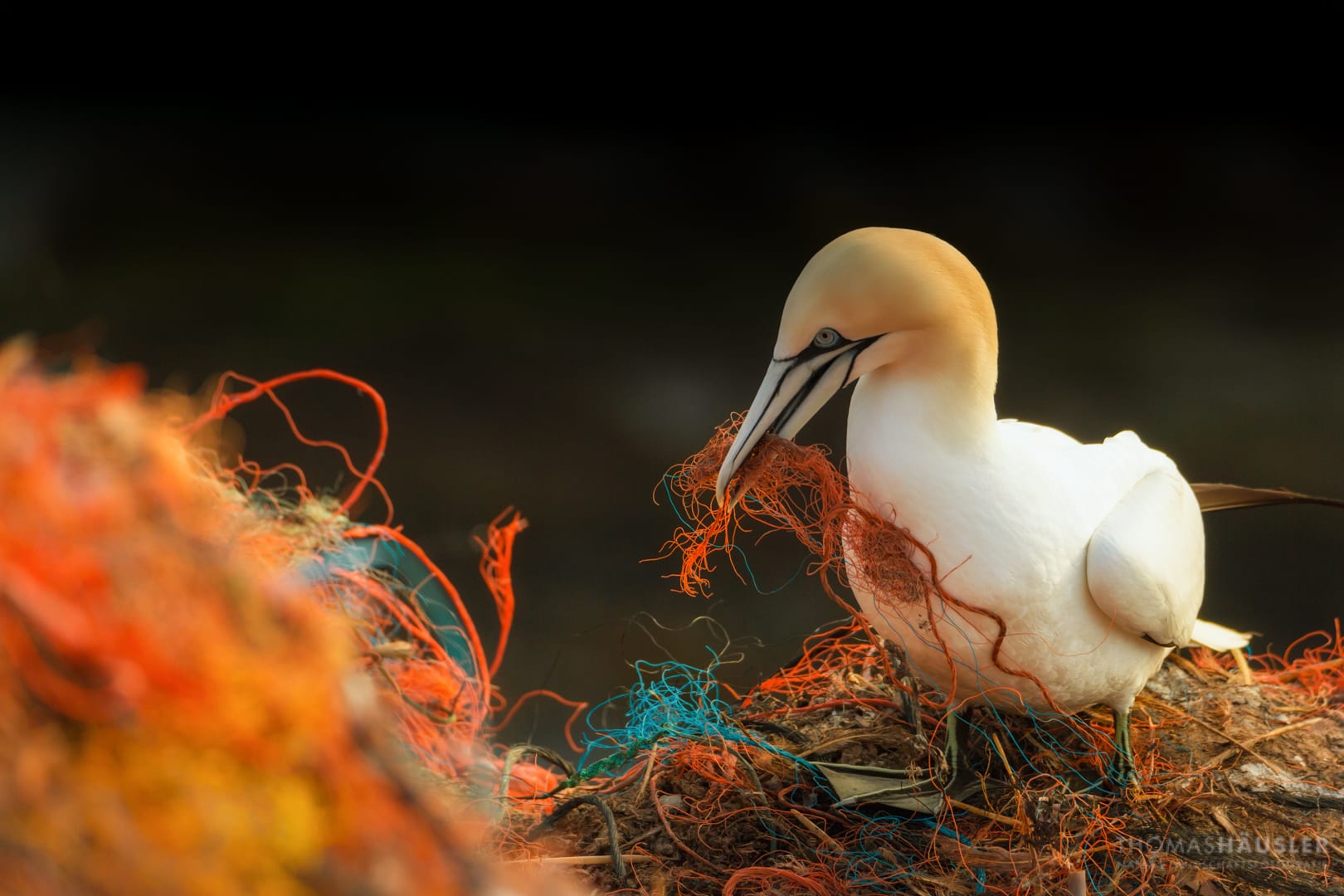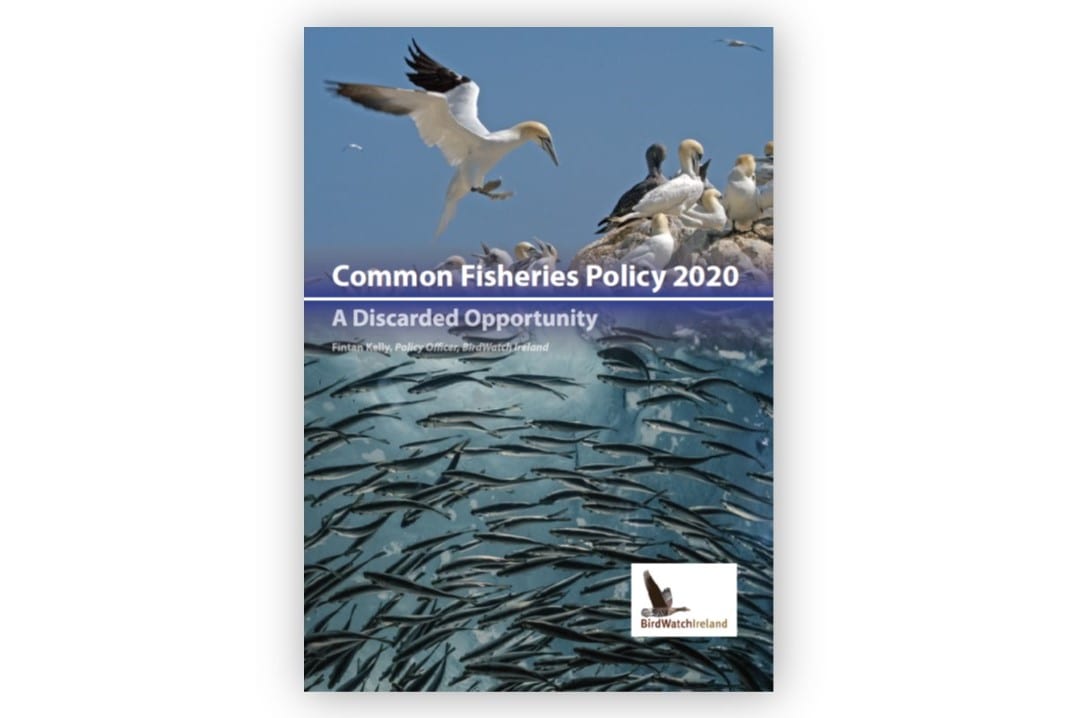A new report by BirdWatch Ireland concludes that the EU and Ireland have failed to meet their own legal obligations to end overfishing under the reformed Common Fisheries Policy. Despite repeated commitments the Irish Government has played a leading role in that outcome by failing to manage fisheries sustainably and by driving overfishing at EU fisheries negotiations.
Overfishing has degraded and hollowed out marine ecosystems impacting on marine habitats and wildlife. The collapse of several important Herring and Cod stocks in recent years has been most keenly felt by the small inshore fishing vessels which make up 80% of Ireland’s national fleet. It is little wonder that the number of sea fishing vessels under 12m has declined by 17% or 93 vessels between 2012 and 2017. Instead of having an inshore fishery that is supported by a diversity of seasonal fisheries, the collapse in fish stocks has resulted in the sector being heavily dependent on a limited number of shellfish and lobster stocks. This lack of resilience has left the sector extremely vulnerable to crises, such as the collapse in markets driven by Covid19.
It is not the fishing industry that are responsible for the state of our fish stocks. Ultimately, it’s the responsibility of the government to ensure fisheries are managed sustainably. While the Common Fisheries Policy was reformed on paper – politically, practical fishing activities remained unchanged. Negotiations continue behind closed doors, limiting transparency and undermining accountability, and allowing fisheries Ministers to control the narrative around the negotiations. When political careers are often a sprint to the top, political expediency can mean that the plaudits that comes with securing extra quota at negotiations is prioritised over the medium to long term benefits of sustainable fisheries management for the environment and fishing communities.
Last December, unburdened by the legal commitment to end overfishing by 2020, 46 percent (51 of 110) of the agreed fishing limits negotiated in Brussels exceeded the best available scientific advice and therefore facilitated overfishing. Ireland’s role in the EUs failure to end overfishing is witnessed by BirdWatch Ireland’s own analysis of the subset of stocks of which Ireland has a share. We calculated that 51 percent (23 out of 45) of the fishing limits exceeded scientific advice for 2020. Ireland has a high proportion share of the least sustainably managed stocks in the North East Atlantic. For example, there are eight stocks which Ireland fishers target that scientists have advised should not be caught in 2020.
BirdWatch Ireland’s analysis of the European Commission’s General Secretariat’s records of Member States positions found that of the 20 stocks which Ireland made a comment on, 65 percent (13) of the fishing limits were set exceeding scientific advice. There was a pattern of Ireland proceeding against following the scientific advice for stocks with low or zero catch advice (11 out of 20). These findings suggest that Ireland has played a negative role in negotiations driving overfishing and that the stocks over which Ireland has a greater influence in negotiations are managed less sustainably than the average across the region.
All is not lost, the positive environmental and socio-economic benefits of sustainable fisheries management remain within reach, however. Decisive action must now to be taken by EU and Irish leaders to ensure that the promise of the Common Fisheries Policy is fulfilled without further delay. In its report, Birdwatch Ireland has made a series of recommendations which would place Ireland on a trajectory to become a world leader in sustainable fisheries management. We have an unprecedented opportunity to grow our blue economy, creating more jobs in marginal coastal communities while delivering a healthy and resilient marine environment. This is an opportunity we cannot afford to ignore any longer.
Link to BirdWatch Ireland Report: https://birdwatchireland.ie/app/uploads/2020/11/Kelly-2020-CFP2020_A-Discarded-Opportunity.pdf



